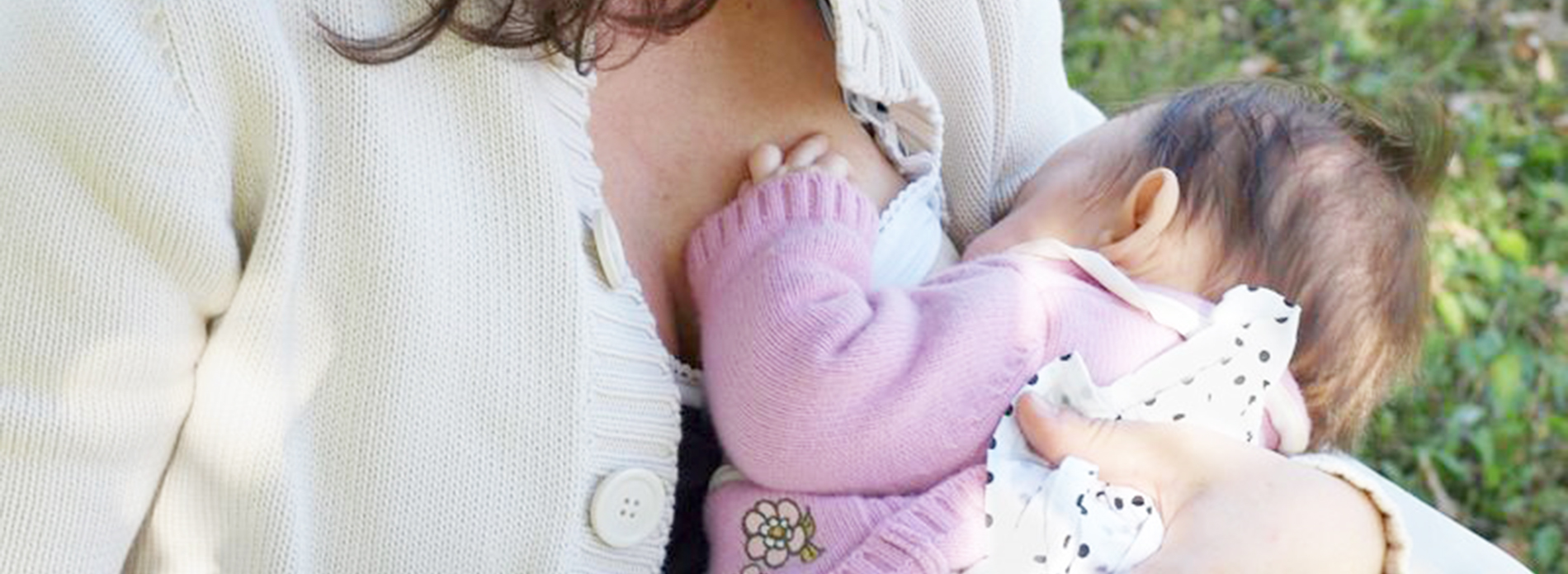Found Sharps and Needles
Sharp objects include used needles, razor blades or any item that could cut skin. Occasionally someone may come across a discarded needle while at the beach, park or during a community cleanup. It's important that any discarded sharp objects are safely collected and disposed of by an adult. Learn where you can dispose of needles in Huron and Perth counties.
Most people who use needles for medication or drugs have safe disposal containers. But sometimes needles are not handled properly. This creates a safety risk.
What should I do if I'm cut or poked by a sharp object?
If you have been scratched, poked or cut by a discarded sharp object:
- Let the cut bleed freely
- Wash the area well with soap and water
- Apply an antiseptic like rubbing alcohol or peroxide
- Follow up with your healthcare provider as soon as possible
Sharps cannot be tested for blood-borne disease, so it is not necessary to keep the sharp. An adult can safely collect and dispose of the sharp.
You may be advised to have blood tests or get immunized, depending on the situation. Blood-borne diseases such as HIV, hepatitis B and C can be spread through blood and blood products. Although the risk of getting Human Immunodeficiency Virus (HIV) from an accidental needlestick is low, there is a risk of other serious infections, like tetanus, hepatitis B or C.
What do I do if I find a needle?
Contact the Stratford Police or your Ontario Provincial Police (OPP) detachment if you aren't comfortable picking up and disposing of a needle yourself.
An adult can pick up a needle carefully by following these steps:
- Treat all needles as contaminated. Wear thick rubber gloves. Use a pair of tongs, pliers or tweezers to pick up the needle.
- Pick up the needle by the plastic end (syringe). Point the needle tip away from your body. Be very careful not to poke yourself with the needle.
- Do not try to put the cap back on the needle, or to snap, remove or bend needles.
Place the needle point down into a hard plastic container. Do not force the needle into the container. You can also follow these disposal tips:
- Bleach bottles are good because they have a small opening and a screw-on lid.
- A thick, plastic peanut butter jar will also work.
- You shouldn't use a glass jar, which can break, nor light plastic, or milk cartons because needles can easily poke through.
- Tightly seal the container and label it: “Danger: Used Needles”
- Take the container to the nearest needle drop-off location. Do not flush needles down the toilet or put them in the garbage or recycling box.
- Wash your hands or use hand sanitizer after removal of gloves
- If a needlestick injury occurs, contact a doctor immediately. The doctor will assess the risk of infection and arrange for testing or preventative treatment as necessary.
You don't need to be afraid if you are cautious.
What should children understand about sharps and needles?
Only adults should handle sharps and all sharps must be handled carefully. Parents should make sure children understand that:
- A child should never touch any needle. Tell them that used needles can be dangerous and might make them sick.
- Children should tell an adult where the needle is.
If a child is poked by a needle, they should tell someone right away. The child will need to see a healthcare provider as soon as possible.








